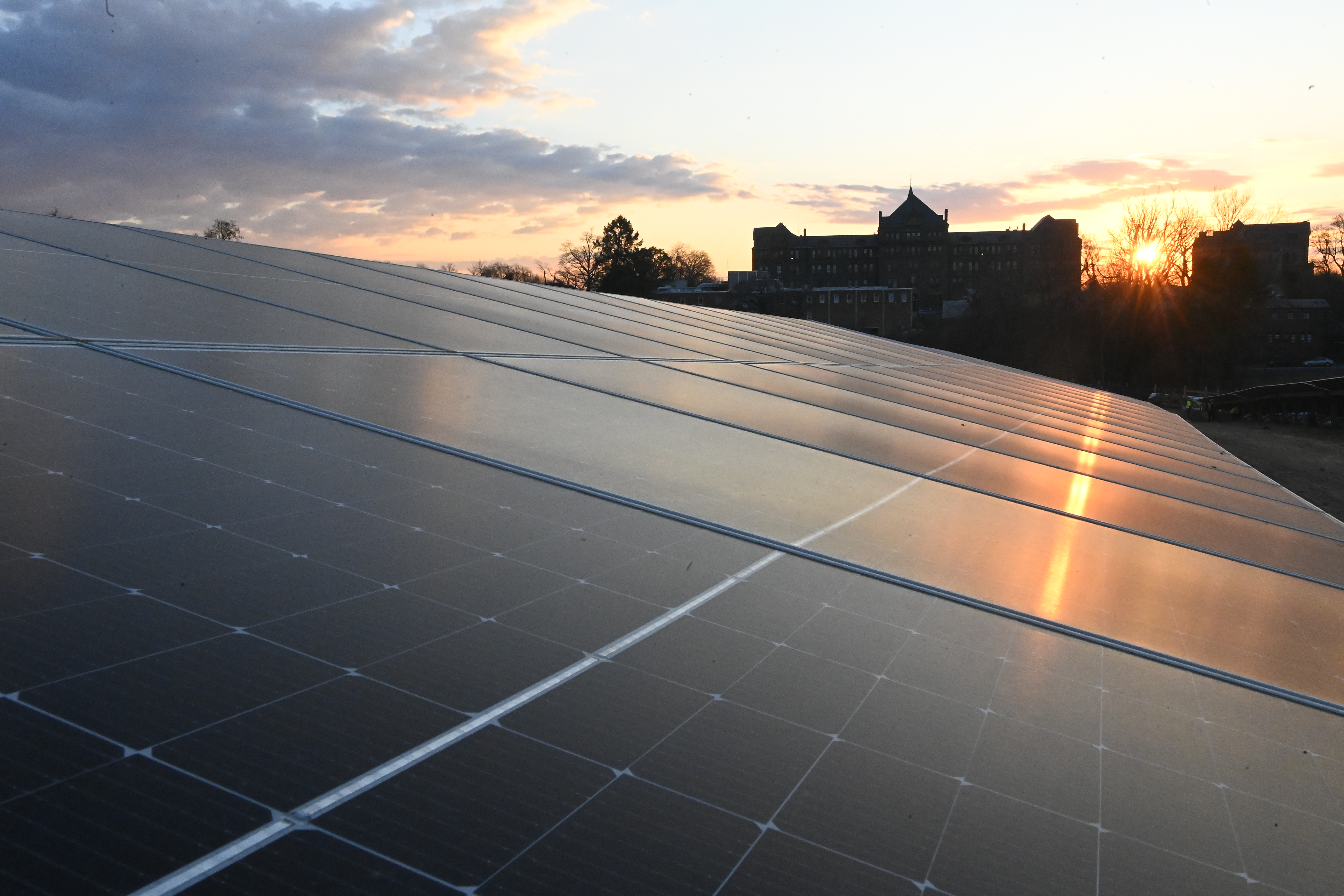"Each community can take from the bounty of the earth whatever it needs for subsistence, but it also has the duty to protect the earth and to ensure its fruitfulness for the coming generations."
Pope Francis, On Care for Our Common Home - Laudato Si’
The Catholic University of America, inspired by the teachings of Pope Francis' encyclical on the environment, Laudato Si, is committed to creating a sustainable environment on campus.
Students play a key role in minimizing our environmental impact. Here are a few ways you can reduce energy and water use on campus:
-
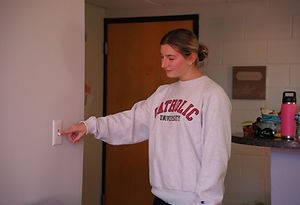
Turn off the lights
Turn off the lights when you leave any room. Campus electricians note that leaving lights on is one of the biggest wastes of electricity on campus!
-
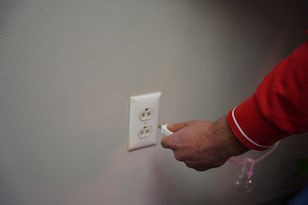
Unplug electronics
Unplug electronic items that aren't in use. Items that are plugged in but not in use are still using electricity. A smart power strip, which automatically powers down items not in use, can be a set-it-and-forget-it solution.
-
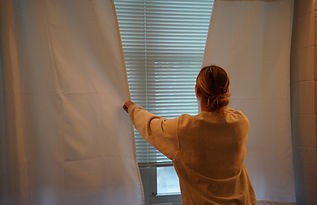
Use window treatments
In the summer, keep blinds and curtains closed as the sun can heat up your room, causing your air conditioner to work harder and use more electricity. In the winter, open window treatments to let the sun in to warm you up instead of using heaters.
-
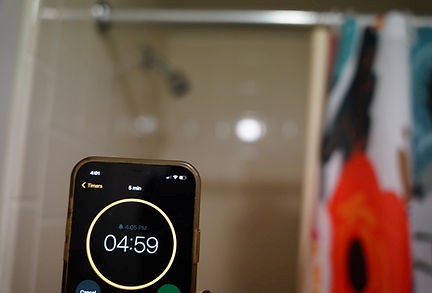
Take shorter showers
The average Catholic University student takes 12 minutes to shower, and some students shower twice per day. If every student living on campus shortened one shower by 2 minutes per day, we could save 1.5 million gallons of water a year!
-
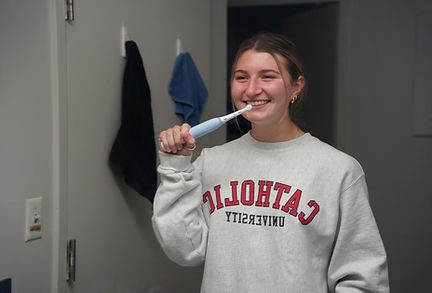
Turn off the tap
The average Catholic University student runs the tap for 10 minutes every day while brushing their teeth, shaving, washing their face, washing dishes, etc. By turning off the tap while you're not actively using the water, you could save up to 14 gallons of water per day!
-
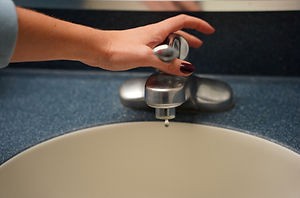
-
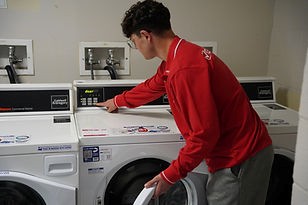
Wash clothes in cold water
Did you know that most clothes can be washed in cold water? Nearly 90% of the energy consumed in washing clothes is used for heating, so washing clothes in cold water is an easy way to save energy without compromising on cleaning.
-
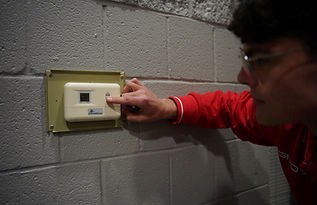
Be the Change
Your classmates are taking part, now it's up to you. Lead with Light by saving some for others!
-

"It is a privilege to have access to water and energy at CUA, but it is our job to conserve these resources. I choose to practice sustainability for the sake of the common good of our planet and community."
Afua Agyekum '25, Resident Assistant
-
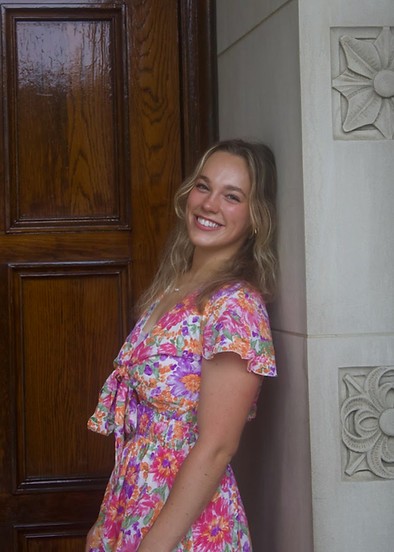
“We need to come together as stewards of our community -- God's beautiful earth belongs to all of us, and we are responsible for keeping it healthy for the future. We are blessed to have clean water and energy here, and should conserve it as best as we can.”
Grace Marino '26, Student Minister
-

"I believe that saving energy and water is important because we are all sharing these earthly resources between one another. Do your part by shutting off the lights and taking shorter showers. It's easy and doable!"
Nolan Scott '26, Member of Men's Hockey Team
Sources
The Spe Forti Group, a student-run think tank and consultancy meant to serve the Catholic University community, drafted the content and data analysis used in this article in Fall 2024. The Spe Forti Group is based in Dr. Cabrini Pak's Marketing 345 course in the Busch School of Business.
Photos
- Pictured: Faith Sawyer '26 and Nick Licari '26
- Credit: Kwaku Marfo-Sarbeng '25

